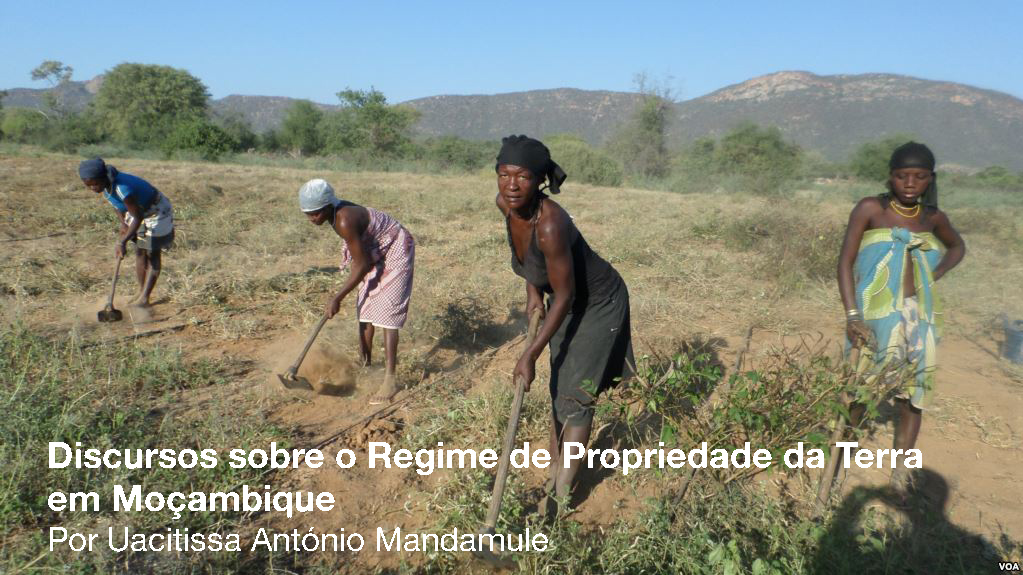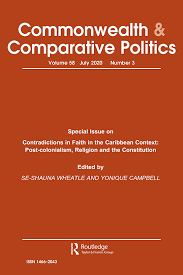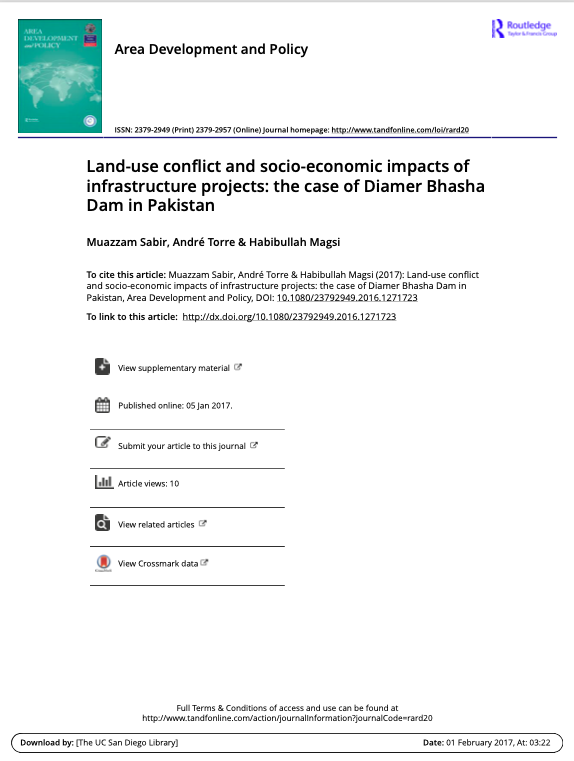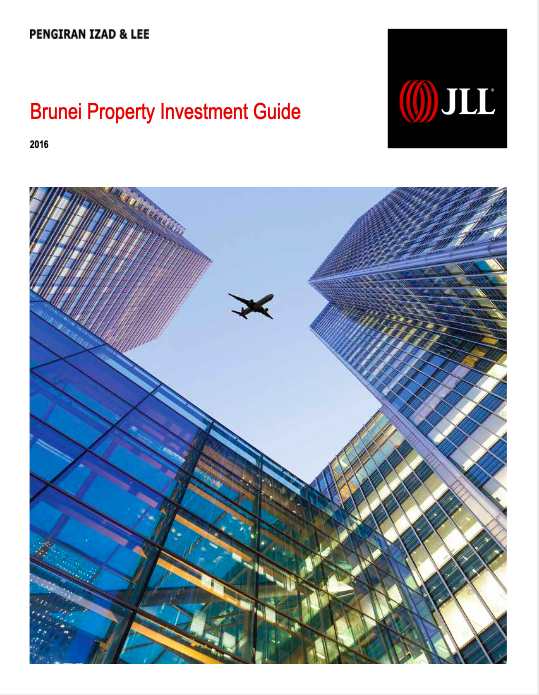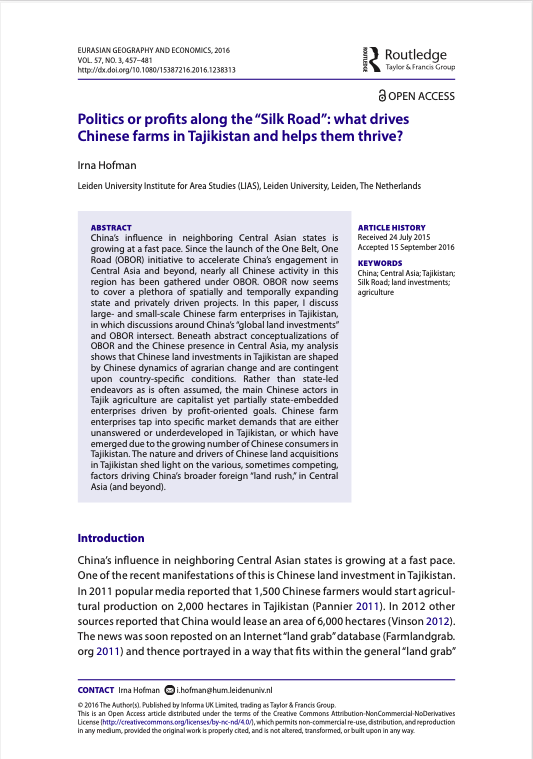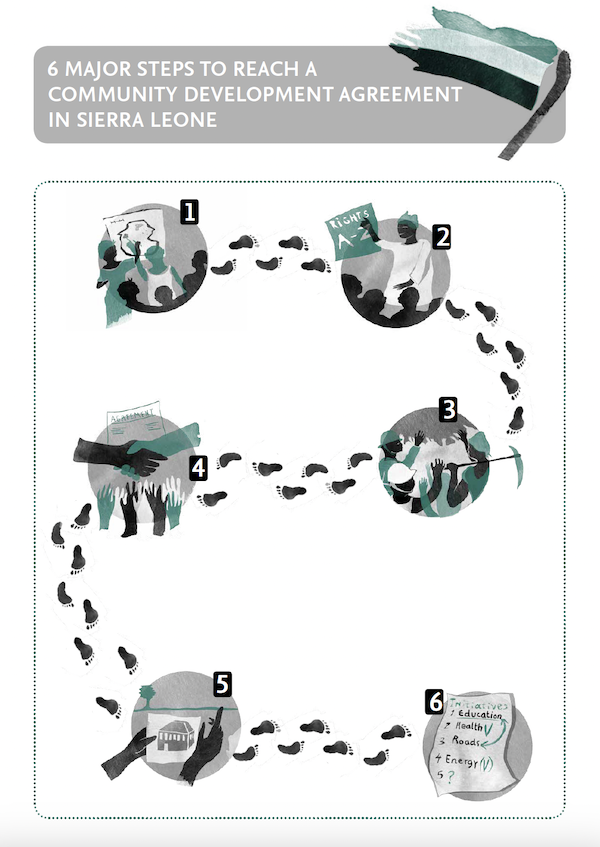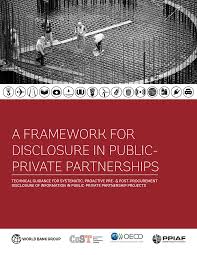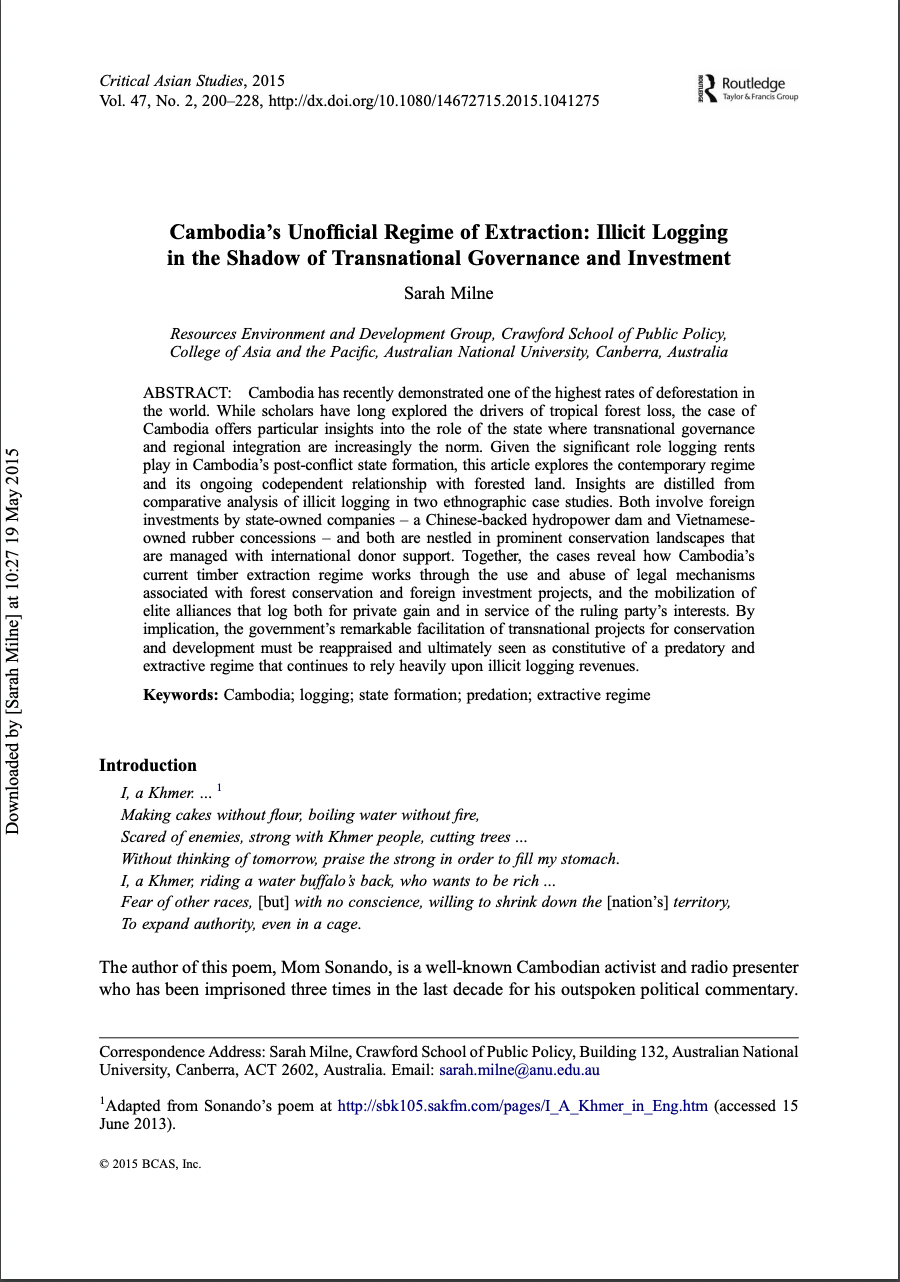Conflict, collusion and corruption in small-scale gold mining: Chinese miners and the state in Ghana
As gold prices soared from 2008 onwards, tens of thousands of foreign miners, especially from China, entered the small-scale mining sector in Ghana, despite it being ‘reserved for Ghanaian citizens’ by law. A free-for-all ensued in which Ghanaian and Chinese miners engaged in both contestation and collaboration over access to gold, a situation described as ‘out of control’ and a ‘culture of impunity’. Where was the state? This paper addresses the question of how and why pervasive and illicit foreign involvement occurred without earlier state intervention.
Land-use conflict and socio-economic impacts of infrastructure projects: the case of Diamer Bhasha Dam in Pakistan
This article examines the conflicts arising from the Diamer Bhasha Dam project in northern Pakistan. Conflicts arising from the impacts of the dam on the local population and territory and steps to resolve some of them are identified. These impacts relate to unfair land acquisition, improper displacement, inadequate compen- sation, resettlement and future livelihoods. The completion of the project depends on the arrangement of project finance, resolution of conflicts among different actors and the consent of all stakeholders.
Promoting Gender Equality in Foreign Agricultural Investments: Lessons from voluntary sustainability standards
Contains framework for analysing the gender impacts of foreign investment in agriculture; gender analysis of the certification criteria of voluntary sustainability standards and responsible investment frameworks; do voluntary sustainability standards improve gender equality?; lessons for responsible investment frameworks and recommendations.
Large scale land acquisitions for investment in Kenya : is the participation, and benefits of affected local communities meaningful, and equitable? - a case study of the situation in Lamu, Isiolo and Siaya counties
The paper examines the pace of land acquisitions in terms of creating legislative and policy options to safeguard local communities that are directly affected, including compensation for land that is taken, and protecting community interests in the socio-economic and environmental continuum of investment projects, from design to implementation. The absence or weakness of formal landholding and land registration systems was evident in most research sites in Isiolo and Lamu.
Brunei Property Investment Guide
A guide to tenure and foreign ownership to support property investment
Politics or profits along the “Silk Road”: what drives Chinese farms in Tajikistan and helps them thrive?
China’s influence in neighboring Central Asian states is growing at a fast pace. Since the launch of the One Belt, One Road (OBOR) initiative to accelerate China’s engagement in Central Asia and beyond, nearly all Chinese activity in this region has been gathered under OBOR. OBOR now seems to cover a plethora of spatially and temporally expanding state and privately driven projects. In this paper, I discuss large- and small-scale Chinese farm enterprises in Tajikistan, in which discussions around China’s “global land investments” and OBOR intersect.
6 Major Steps to Reach a Community Development Agreement in Sierra Leone
There is a growing recognition that Community Development Agreements (CDA) - if effectively implemented - can promote long-term development benefits for communities affected by mining operations as well as improve relations between extractive companies and communities. Section 139 (1) of Sierra Leone’s Mines and Minerals Act, 2009 provides that small scale or large scale mining licence holders are required to have and implement a CDA with primary host communities if their approved mining operations will or does exceed certain stipulated limits set out in the Act.
A Framework for Disclosure in Public-Private Partnership Projects
This framework provides guidance on policy and practice in public-private partnerships and on the mechanics of disclosure by practitioners within governments and the private sector, to help develop programmes for the systematic, proactive pre- and post- procurement disclosure of information.
Cambodia’s Unofficial Regime of Extraction: Illicit Logging in the Shadow of Transnational Governance and Investment
Cambodia has recently demonstrated one of the highest rates of deforestation in the world. While scholars have long explored the drivers of tropical forest loss, the case of Cambodia offers particular insights into the role of the state where transnational governance and regional integration are increasingly the norm. Given the significant role logging rents play in Cambodia’s post-conflict state formation, this article explores the contemporary regime and its ongoing codependent relationship with forested land.
Managing public lands for equitable and sustainable development in Cambodia
Public lands accounted for 80% of the country area until a decade ago. As Cambodia emerged from three decades of civil war and internal strife, the Royal Government of Cambodia (RGC) has granted more than 10% of the country area or 50% of the cultivatable land as large scale “Economic Land Concessions” (ELCs) to private companies, mostly foreign owned, in a mostly rigged process. Land disputes have become a permanent fixture in the press and a hot issue on human rights reports.
Impacts of formal and informal wood exports on Cambodian economy : input output analysis; final draft
The Cambodian government allowed 1,204,750 hectares as economic land concession (ELC) to 118 local and international companies. Global Witness reported that 2.6 million ha had been given in 272 ELCs, mainly for rubber plantations. Many concessionaires do not comply with their contracts, nor with existing land and forest laws. Government revenues from timber exports are extremely low. Deforestation, and removal of luxury timbers has increased dramatically. Land concessions rob local communities of their income from non-timber forest products.

